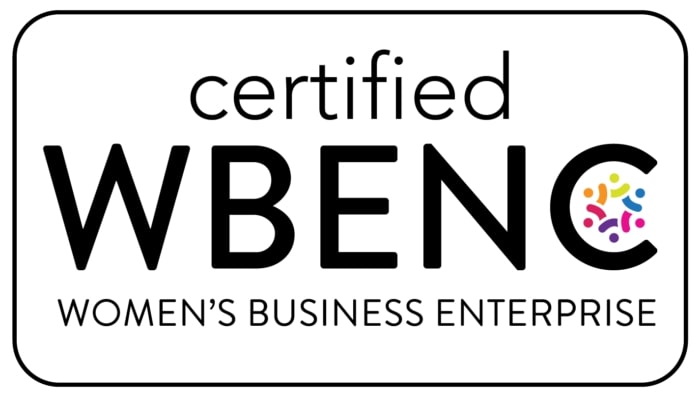On October 30, 2023, President Biden signed an Executive Order advancing a coordinated, Federal Government-wide approach to govern the development and use of critical and emerging technologies safely and responsibly. Notably, the tasks assigned by the administration represent a concerted effort to monumentally shift our outdated immigration policies and overhaul our immigration system to meet our national security needs. The proposed changes will affect a variety of immigrant and nonimmigrant visa holders, aim to reduce wait times, and provide more direct paths to legal permanent residency for noncitizens working with critical and emerging technologies.
USILAW has reviewed the Executive Order and identified the following immigration-related mandates:
To attract and retain talent in critical and emerging technologies, the Departments of State, Homeland Security, Labor, Commerce, and others shall take steps towards:
- Streamlining processing times of visa petitions and applications;
- Ensuring timely availability of visa appointments and facilitating their continued availability;
- Establishing a program to identify and attract top talent at universities, research institutions, and the private sector overseas and educating them on opportunities, resources for research and employment in the US, and the potential expedited adjudication of STEM student visa petitions and applications;
- Reviewing and initiating policy changes to clarify and modernize immigration pathways for O-1A, EB-1, and EB-2 immigrant experts in critical and emerging technologies;
- Identifying occupations across the economy for which there is an insufficient number of US workers;
- Developing a clear and comprehensive guide on options for working in the United States – in multiple, relevant languages – which will be published on AI.gov; and
- Developing and publishing a public report with relevant data on applications, petitions, approvals, and other key indicators of how experts in critical and emerging technologies have utilized the immigration systems through the end of FY2023.
To attract and retain talent in critical and emerging technologies, the Executive Order encourages the Departments to consider:
- Initiating a rulemaking to establish new skill designation criteria on the Exchange Visitor Skills List for certain J-1 nonimmigrants;
- Publishing updates to the 2009 Revised Exchange Visitor Skills list;
- Implementing a domestic visa renewal program to facilitate the ability of qualified applicants to continue their work in the US without unnecessary interruption;
- Initiating a rulemaking to expand the categories of nonimmigrants who qualify for the domestic visa renewal program to include academic J-1 research scholars and F-1 STEM students; and
- Initiating a rulemaking to enhance the H1B program process for noncitizens in critical technology fields to adjust their statuses to lawful permanent resident.
To increase AI talent in the government and advance the government’s use of AI, the Department of Defense shall address gaps in AI talent for national defense. The DOD shall submit a report with the following recommendations:
- Addressing challenges in the DOD’s ability to hire certain noncitizens;
- Clarifying and streamlining processes for certain noncitizens to access classified information at DOD labs;
- Appropriately enlisting noncitizen experts in critical and emerging technologies in the armed forces under 10 U.S.C. 504(b)(2); and
- Coordination between the DOD and DHS to enhance the retention of certain noncitizens of vital importance to national security.
The Executive Order set deadlines to initiate the tasks outlined above between December 14, 2023, and April 27, 2024. USILAW will continue to monitor for updates and publish notifications as they occur.
Written by Brittany Barnett, Law Clerk at USILAW




